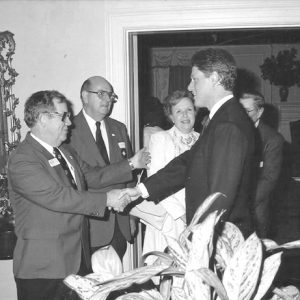 Cone Magie and Bill Clinton
Cone Magie and Bill Clinton
Entry Category: Governors
 Cone Magie and Bill Clinton
Cone Magie and Bill Clinton
Martineau, John Ellis
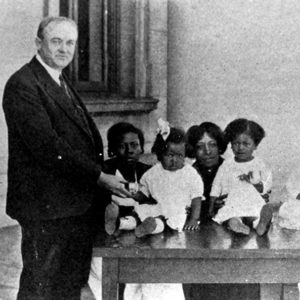 John Martineau
John Martineau
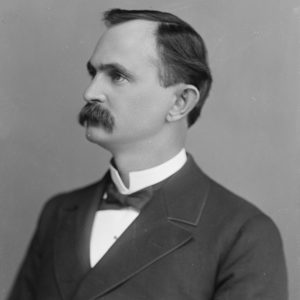 Philip D. McCulloch
Philip D. McCulloch
 McMath Family
McMath Family
 McMath Postcard
McMath Postcard
McMath, Sid
aka: Sidney Sanders McMath
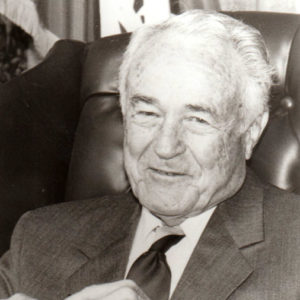 Sid McMath
Sid McMath
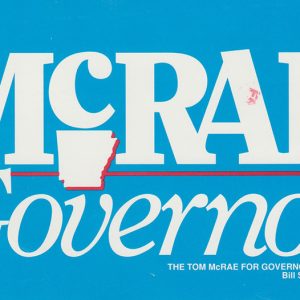 McRae Campaign
McRae Campaign
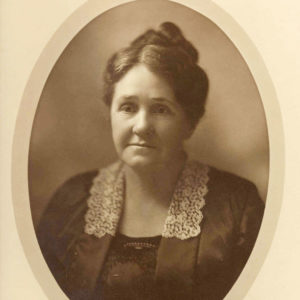 Amelia McRae
Amelia McRae
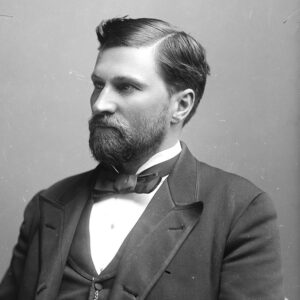 Thomas C. McRae
Thomas C. McRae
McRae, Thomas Chipman
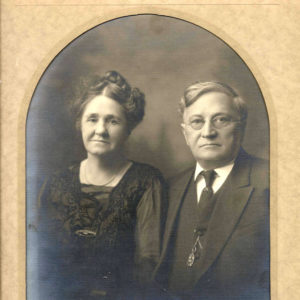 McRaes
McRaes
Miller, James
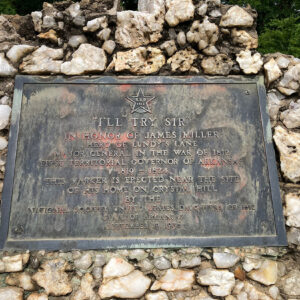 James Miller Memorial
James Miller Memorial
Miller, William Read
Murphy, Isaac
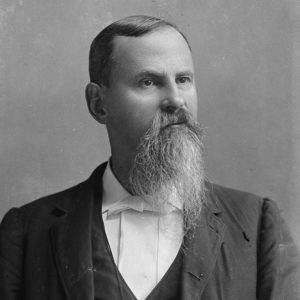 Robert Neill
Robert Neill
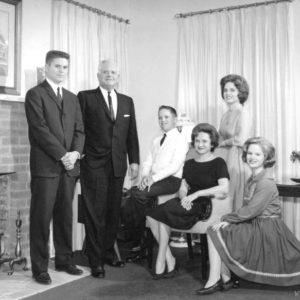 Parnell Family
Parnell Family
Parnell, Harvey
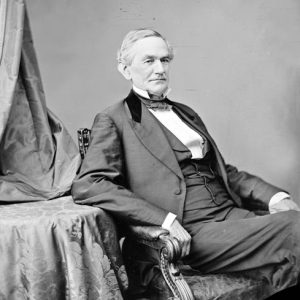 John S. Phelps
John S. Phelps
Pope, John
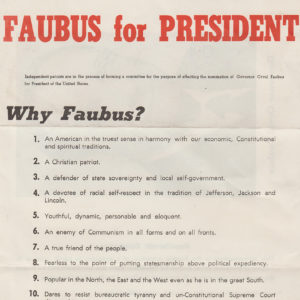 Presidential Hopeful
Presidential Hopeful
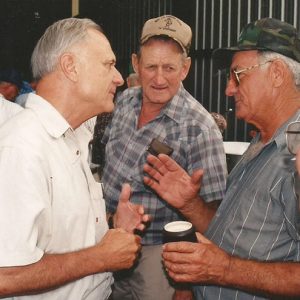 David Pryor Campaigning
David Pryor Campaigning
Pryor, David Hampton
 Purcell Campaign Card
Purcell Campaign Card
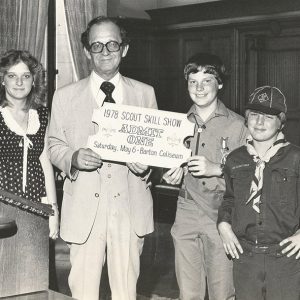 Purcell with Scouts
Purcell with Scouts
Rector, Henry Massie
Roane, John Selden
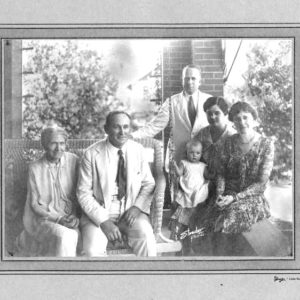 Robinson Family
Robinson Family
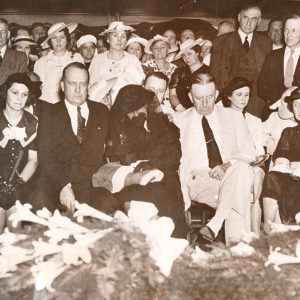 Robinson Funeral
Robinson Funeral
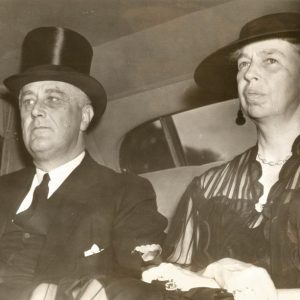 Joe T. Robinson Funeral
Joe T. Robinson Funeral
Robinson, Joseph Taylor
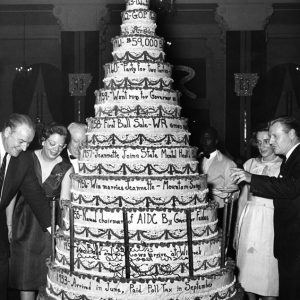 Rockefeller Cake
Rockefeller Cake
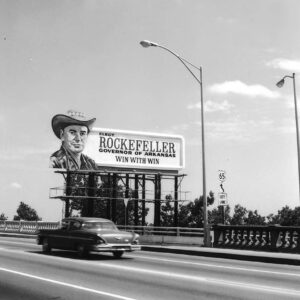 Rockefeller Campaign Billboard
Rockefeller Campaign Billboard
 Rockefeller Campaign Material
Rockefeller Campaign Material
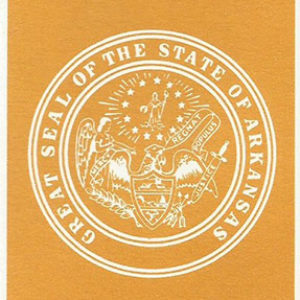 Rockefeller Program
Rockefeller Program
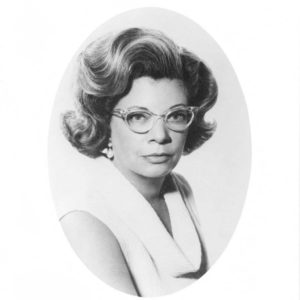 Jeannette Rockefeller
Jeannette Rockefeller
Rockefeller, Winthrop
 Bryan Sanders
Bryan Sanders
 Sarah Huckabee Sanders
Sarah Huckabee Sanders
 Sarah Huckabee Sanders Swearing In
Sarah Huckabee Sanders Swearing In
 Skylight
Skylight
 Staircase to Senate Chamber
Staircase to Senate Chamber
 State Quarter Launch
State Quarter Launch
Terral, Thomas Jefferson
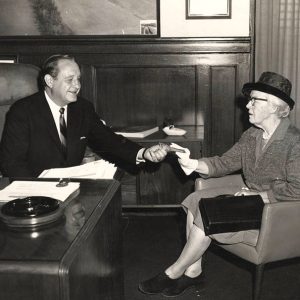 Adolphine Fletcher Terry
Adolphine Fletcher Terry
 Tucker in Vietnam
Tucker in Vietnam
Tucker, Jim Guy, Jr.
aka: James Guy Tucker Jr.
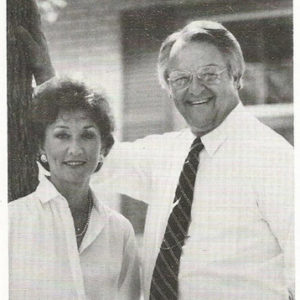 Frank White Campaign
Frank White Campaign




